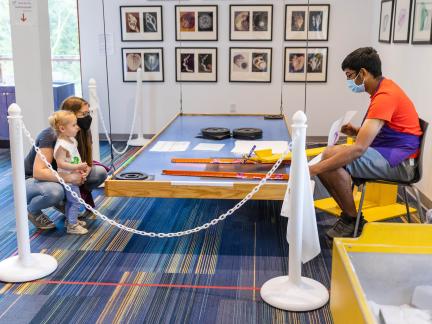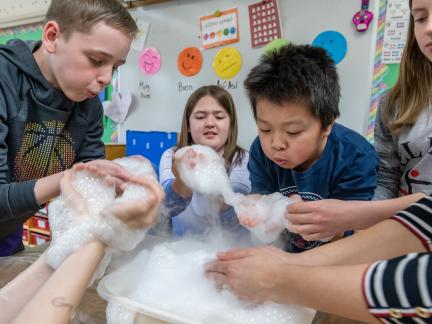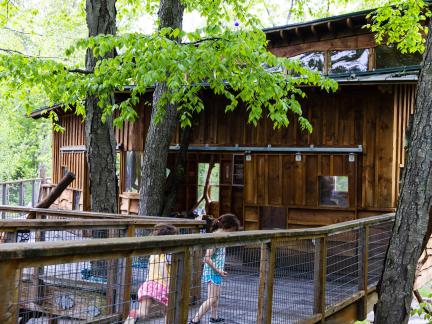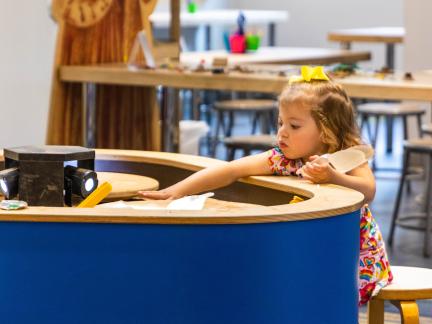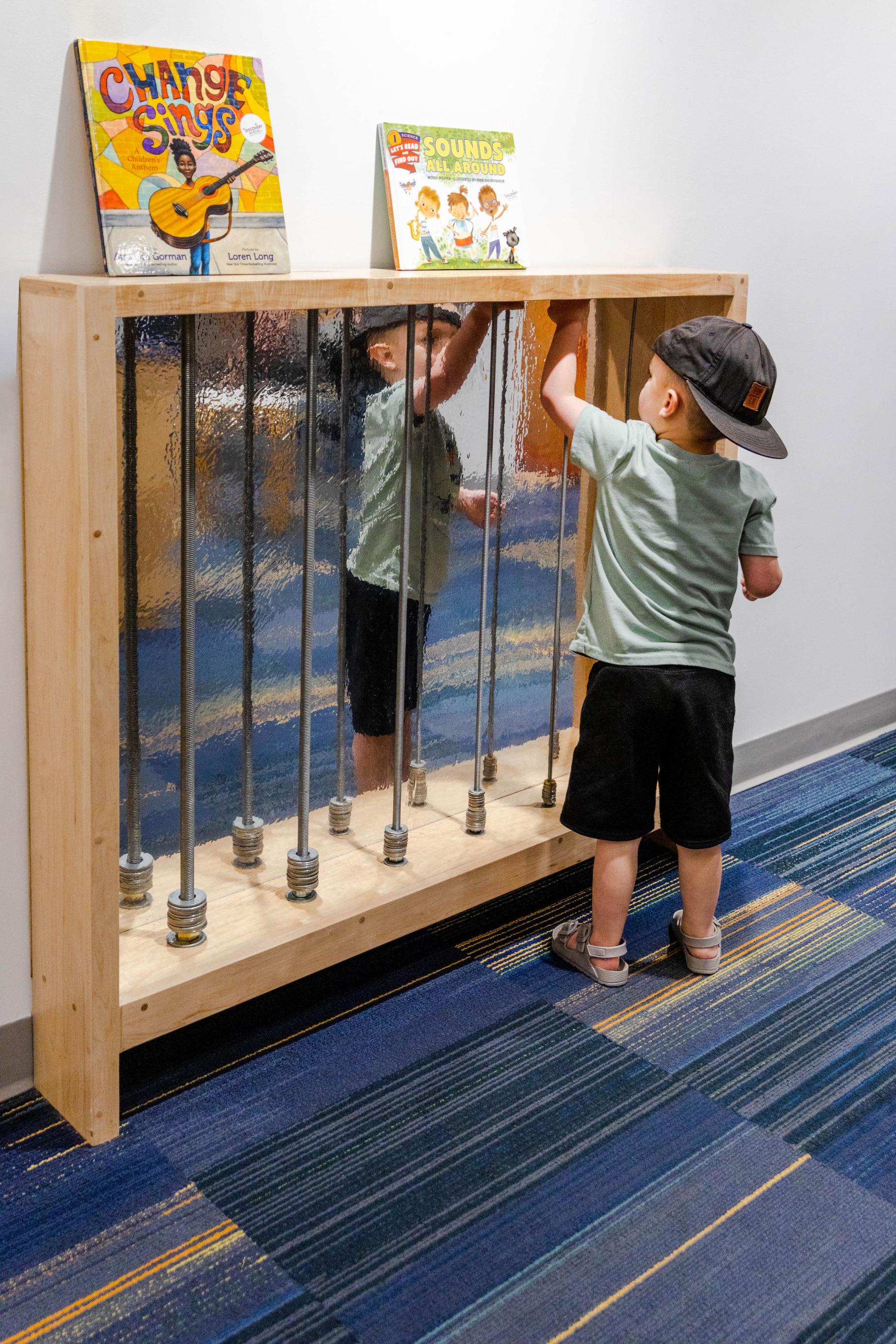Update from our CEO | January 2023 | Inspired Women, Lasting Impact
Dear Friend of the Museum,
After a visit to Discovery Museum with your children or grandchildren you may think about the experience you and they had, and wonder about the philosophy behind the Museum’s approach and what it is grounded in. As we’ve celebrated our 40-year history we’ve been reminded that the ideas and approaches of our founding remain the core of all we do today. But in fact, those ideas go back much, much further. A brief look at the history of children’s museums is worth reflecting upon.
We in the children’s museum field owe our passion and livelihoods to some inspired women at about the close of the 19th century. Fostered in the era of the progressive education movement, Anna Billings Gallup led the first children’s museum, the Brooklyn Children’s Museum. It started small, in a way familiar to us at Discovery Museum: in a converted residence. It was focused on “juveniles” and the exhibits at first, as described by Ms. Gallup, “consisted of little more than a few insects, shells and stuffed birds, [but] the eagerness with which children sought them proved the necessity for enlarging the scope of work.” The staff used approaches that “would lead to profitable results through voluntary endeavor on the part of the child,” and “refine their tastes and elevate their interests.” Today we might describe that work as promoting self-directed exploration and fostering a love of learning.
My colleague Stephanie Hill Wilchfort, president and CEO of today’s Brooklyn Children’s Museum, highlighted another quote from Ms. Gallup that I find so relevant 120 years later. Ms. Gallup wrote, “We are trying here to establish through the channel of a child’s curiosity an interest in the ethical meaning of the world around (them). The child mind is what we bend every effort to appeal to here, not at the sacrifice, however, of accurate scientific information.” Helping children understand the world around them, in a way that inspires ethical and equitable understanding that is rooted in accurate scientific information—that is an idea that still guides us.
Ms. Gallup wrote in the April, 1908 issue of Popular Science Monthly that the groundbreaking work being done at the Brooklyn Children’s Museum was inspiring others to consider similar pursuits in their communities. Records from that time show how educators, often women and often those in science/nature study fields, connected with and inspired each other, and the movement spread. Soon children’s museums were founded in Boston, Detroit, and Indianapolis, mostly in converted residences.
Certainly, the field has evolved since the early 20th century. The early emphasis on “nature study” has evolved into a broader commitment to the manipulation of real objects and open-ended exploration. Early adherence to school curriculum has become a more complementary relationship, where we build upon what kids are taught in school rather than repeating it. And today we work hard to impact parents as much as kids. What has not changed is the determination to prepare children to be successful in the changing, diverse world around them.
At Discovery Museum’s grand opening, founding board member Dan Cheever said the new museum should “remind us that a good education must be joyful, fascinating, stimulating, and based on what we find in life around us,” and that “a place of learning need not be opulent.” Those are sentiments that easily could have been spoken by Ms. Gallup in Brooklyn, or Delia I. Griffin in Boston, or Gertrude A. Gillmore in Detroit, or Mary Stewart Carey in Indianapolis. There is a generation of museums built upon the vision of these women.
As we wrap up our first 40 years and look ahead to the next 40, we are grateful for the thoughtful and impactful visionaries who launched our field, and we celebrate not just our milestones but also the success of a vision that has ignited learning for so many, across so many years, and in so many places.
As always, I very much welcome your feedback and suggestions at ngordon [at] discoveryacton.org (ngordon[at]discoveryacton[dot]org).
As always,
Neil Gordon
CEO
